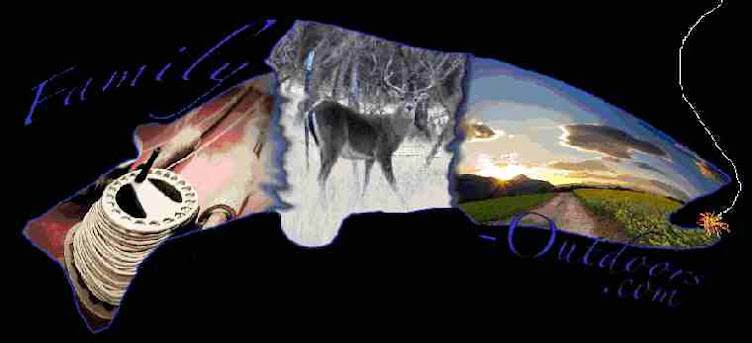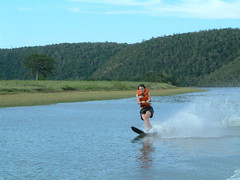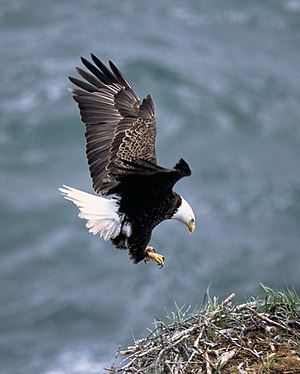Receives 41 months in federal prison; largest case in Kansas history
WICHITA — A Texas man was sentenced June 21 in a Wichita federal court on felony charges of conspiracy, wildlife trafficking, and obstruction of justice related to the illegal sale of guided deer hunts in southern Kansas, announced Barry Grissom, U.S. attorney for the District of Kansas, and Ignacia S. Moreno, assistant attorney general for the Justice Department's Environment and Natural Resources Division.
James Bobby Butler, Jr., 42, of Martinsville, Tex., was sentenced to 41 months in federal prison. Butler pleaded guilty in March 2010 to one count of conspiracy to violate the Lacey Act, one Lacey Act interstate trafficking count, and one count of obstruction of justice. His brother, Marlin Jackson Butler, 36, also of Martinsville, pleaded guilty in March 2011 to one count of conspiracy to violate the Lacey Act and one Lacey Act count. Marlin Butler is scheduled to be sentenced on June 24, 2011.
“Illegal wildlife trafficking is a threat to the natural resources of Kansas," Grissom said. "Our goal is to preserve and protect wildlife for everyone to enjoy, including hunters who abide by the law."
"Thanks to outstanding cooperation between federal and state law enforcement agents and prosecutors, we put an end to a criminal conspiracy that took valuable and limited wildlife resources," Moreno added. "This prosecution sends a message to everyone in Kansas and elsewhere that there will be serious consequences for those who seek to profit by violating state and federal wildlife laws, especially at the expense of those who hunt and guide lawfully."
The Lacey Act is a federal law that makes it illegal to knowingly transport or sell in interstate commerce any wildlife taken or possessed in violation of state law or regulation. According to court documents filed in the case, James and Marlin Butler conspired together to knowingly transport and sell in interstate commerce deer that had been hunted in violation of Kansas state law.
In particular, the brothers operated a guiding service and hunting camp near Coldwater at which they sold guiding services to out-of-state hunters for the purpose of illegally hunting and killing white-tailed deer and mule deer. Hunters guided by the Butler brothers killed deer in excess of annual bag limits, hunted deer without permits or with permits for the wrong deer management unit, killed deer using illegal equipment, and hunted using prohibited methods such as spotlighting. The guided hunts were sold for between $2,500 and $5,500 and in several instances resulted in the killing of trophy-sized buck deer.
In addition to selling guiding services, the brothers also arranged for transport of the
deer, in particular the antlers and capes, from Kansas to Texas and Louisiana.
James Butler also pleaded guilty to instructing another person to conceal or destroy evidence during the investigation.
“This is the largest case in the history of wildlife law enforcement in Kansas," said Steve Oberholtzer, special agent in charge of the U.S. Fish and Wildlife Service’s (USFWS) Mountain-Prairie Region. "Trophy deer are an important resource for the state of Kansas from both wildlife and economic standpoints. Joint investigations such as this one demonstrate that the combined efforts of state and federal agencies and federal prosecutors result in prosecutions that hold those who violate the law accountable. We are grateful to the Kansas Department of Wildlife and Parks (KDWP) and the U.S. Attorney's Office for their assistance in this case and hope that it will serve as a deterrent to others who might consider exploiting our nation's wildlife for personal gain."
The case was investigated by the USFWS, KDWP, and the Texas Parks and Wildlife Department, and jointly prosecuted by District of Kansas U.S. Attorney Barry Grissom's office and the Justice Department's Environment and Natural Resources Division, Environmental Crimes Section.






























